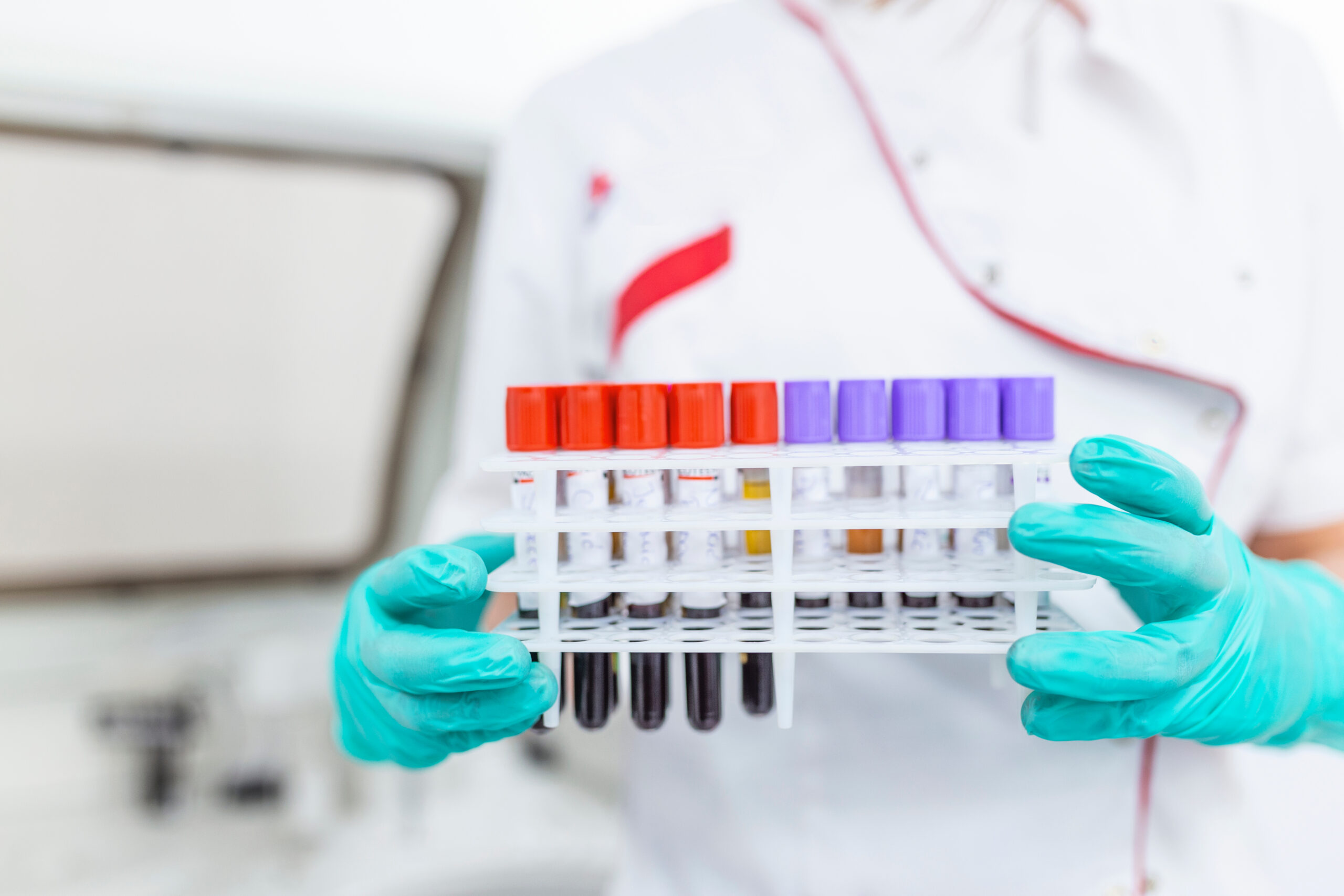A complete blood count (CBC) is a blood test that measures red blood cells, white blood cells, and blood platelets (cells that help your blood clot). It is one of the most common tests ordered by doctors. A CBC can provide a quick snapshot of your overall health. If you’re not feeling well, this test can provide your doctor with important information about what could be causing you to be sick.
Many times, your doctor will order a CBC as part of a routine physical exam. The test results will provide your doctor with a count of how many blood cells there are. It will also describe their shape, size, and content. The results of a CBC can reveal a number of health conditions to your doctor. These include anemia and some types of cancer to vitamin and mineral deficiencies.
Your doctor may also order a CBC if you:
- Are ill and have a fever or if he or she suspects any kind of infection
- Are tired or are losing weight without trying
- Have any sign of cancer, including general weakness, bruising, or bleeding
If you have a condition that requires you to take daily medication, your doctor may order a CBC regularly to make sure your blood counts remain consistent.
Path to improved health
When your doctor orders a CBC, there are no special preparations you’ll need to take before the test. You are not required to fast (not eat solid foods for 12 hours or so). However, you may want to wear a short-sleeved shirt or one that easily rolls up to expose the lower half of your arm.
You will most likely have to visit a lab to have the test done. The lab could be in your physician’s office, at a hospital, or at an off-site location. At the lab, a phlebotomist (a person trained to draw blood for medical testing) will use a needle to collect a vial (sometimes more than one) of blood. The blood is most often collected from a vein on the inside of your elbow or on the back of your hand.
The CBC test takes only a few minutes. The results are usually available to your doctor by the following day. In emergency situations, CBC results can be reported in an hour.
The report will include the number of red blood cells and white blood cells. Red blood cells are important because they carry oxygen throughout your body. A low red blood cell count could mean that you have anemia. White blood cells are warriors that fight infections. A high white blood cell count could mean that you have an infection.
In general, men’s blood counts will be slightly higher than those of females because males have more muscle mass. Blood count is also affected by altitude. The higher up you are, the more oxygen you need (red blood cells).
Following the CBC, your doctor will evaluate the results. If your blood count is normal, you will not need to do anything. Your doctor will explain your results and advise if any follow-up is needed.
Things to consider
Having CBC lab work done poses very little risk to your health. However, anytime the skin is broken (even by a sterilized needle), there is always a slight risk of infection. You should also keep in mind that some blood may pool under the skin, causing a bruise after the test. If you are scared of needles, you may experience general anxiety about the test. Some people who are prone to fainting may faint during the test or can feel lightheaded. In rare cases, excessive bleeding can be a more serious response to the test.
If your numbers are too low or too high, your doctor will discuss with you what that could mean and whether you’ll need additional tests. Abnormal test results could be an indication of a serious health problem. Or it could be a simple one that can be remedied by eating better or taking supplements. These are some of the health problems that can be identified by a CBC:
- Anemia (low iron)
- Autoimmune disorders
- Bone marrow problems
- Cancer
- Dehydration
- Heart disease
- Infection
- Inflammation
- Vitamin and mineral deficiencies
Questions to ask your doctor
- When will I get my test results back from the lab?
- Will you notify me of my test results even if they are normal?
- Why are you ordering this test?
- Could the medicines I am taking affect my test results?
ADVERTISEMENT
ADVERTISEMENT




